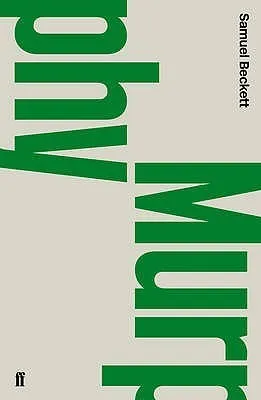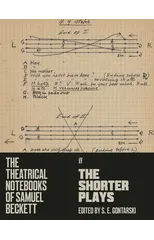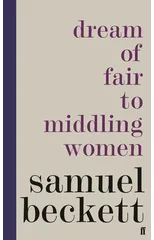Murphy, Samuel Beckett's first published novel, is set in London and Dublin, during the first decades of the Irish Republic. The title character loves Celia in a "striking case of love requited" but must first establish himself in London before his intended bride will make the journey from Ireland to join him. Beckett comically describes the various schemes that Murphy employs to stretch his meager resources and the pastimes that he uses to fill the hours of his days. Eventually Murphy lands a job as a nurse at Magdalen Mental Mercyseat hospital, where he is drawn into the mad world of the patients which ends in a fateful game of chess. While grounded in the comedy and absurdity of much of daily life, Beckett's work is also an early exploration of themes that recur throughout his entire body of work including sanity and insanity and the very meaning of life.
Samuel Beckett
Samuel Beckett was an Irish playwright, novelist, and poet known for his minimalist and absurdist style. He is best known for his play "Waiting for Godot," which explores themes of existentialism and the human condition. Beckett's works often feature bleak and dark humor, as well as a focus on the futility of human existence. His contributions to literature have had a significant impact on the genre of absurdist theatre and have influenced countless writers and artists. Beckett was awarded the Nobel Prize in Literature in 1969 for his groundbreaking work in the field.









